Some time ago, I believe that everyone’s circle of friends was rehearsed by news of the “fuel sale ban.†Following the new energy dual-point policy, the “forbidden sale of fuel trucks†has triggered a wave of hot debates, according to the British media “per The Post Post reported on October 11 that British government officials plan to establish the world's first "Zero Emission Zone" in Oxford. In 2035, the city of Oxford may completely ban gasoline and diesel vehicles.
In China, many traditional car companies also began to think about countermeasures. In the stock market, the new energy vehicle sector also soared.
Behind the various phenomena may point to the same reason: At the opening of the 2017 China Automotive Industry Development (TEDA) International Forum, Xin Guobin, Deputy Minister of the Ministry of Industry and Information Technology released a heavy message: China is studying the formulation of fuel vehicle withdrawal time Table, dual-point policy was also announced and implemented in the near future. The clearly stated position of the government authorities quickly touched the nerves of the auto industry. For a time, the “fuel sales prohibition†became the focus of the entire automotive industry and even the society.
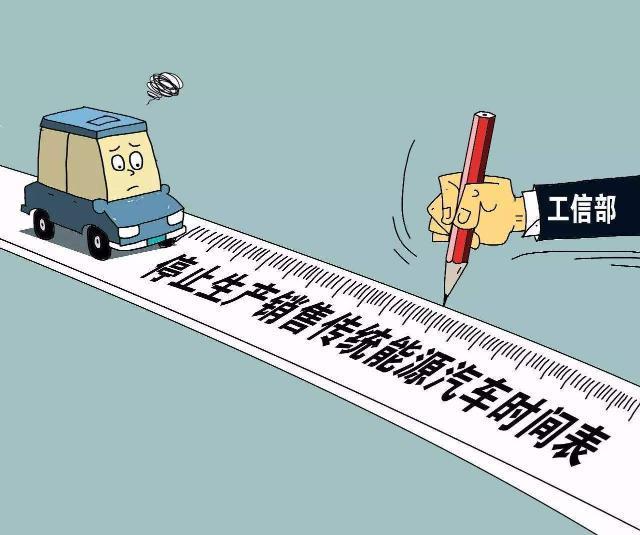
Fuel sales ban is difficult to achieve within ten years
Xin Guobin said: “Many countries have adjusted their development strategies, and new energy and intelligent network industry have accelerated their industrial layout and seized a new round of commanding heights. Some countries have set a timetable for stopping the production and sales of traditional energy vehicles. The Ministry of Industry and Information Technology has also started relevant Research, will also formulate our schedule with relevant departments, these initiatives will promote profound changes in the environment and development of China's auto industry power occurred. "
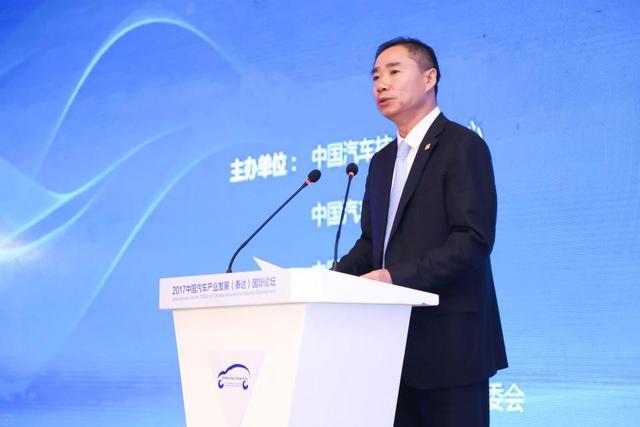
Prior to this, many countries had formulated a clear plan to ban the sale of fuel vehicles. The Netherlands and Norway demanded that sales of traditional gasoline and diesel cars be banned from starting in 2025; Germany passed a proposal to ban the sale of traditional internal combustion engine cars after 2030; India plans to 2030 Lock-fuel vehicles; Britain, France announced that it would stop selling gasoline and diesel vehicles until 2040.
As the world’s fastest growing consumer car market, China will also follow the mainstream trend and ban the sale of fuel vehicles. The Ministry of Industry and Information Technology “proclaimed†to formulate the withdrawal schedule of fuel vehicles, which fully demonstrated the government’s firm attitude in promoting the development of new energy vehicles. However, the ban on the sale of fuel vehicles and the all-round development of new energy vehicles are a systematic project that will undergo a long process. It cannot be done overnight, but it cannot be rushed. At present, China has about 28 million fuel vehicles, and it is almost impossible to convert them into new energy vehicles in the next 10 or 20 years. In addition, the ban on fuel vehicles will bring huge impact to the existing automobile industry. The impact.
Regarding the specific withdrawal time of the fuel vehicle, automobile analyst Yan Jinghui believes that it is less difficult to achieve a ban on the sale of fuel vehicles within 10 years and it is more difficult. He said that, after all, China still uses fuel trucks as its mainstay, and when it has not completely switched to the new energy industry, it is unable to do a good job in the after-sales service of holding nearly 200 million vehicles. In this regard, the state can more promote and support the development of new energy sources and make a gradual transition.
An Qingheng, chairman of the China Automobile Industry Advisory Committee, said in an interview that the “fuel sales ban†proposed by the Ministry of Industry and Information Technology is in line with the development laws of the global automotive industry and is also a responsible performance. However, compared with developed countries, China’s auto industry is falling. Fuel consumption and the pressure on the development of new energy vehicles are even greater. The implementation time will have to go through a scientific budget. He believes that 2035 to 2040 is a more appropriate time node.
"The ban on the sale of fuel vehicles may be posed by Oolong"
The ban on the sale of fuel vehicles is not only difficult to achieve in our country, even the European countries that have stated earlier have had a number of "singing and rebelling" schools on this issue.
In addition to the national caliber announced the ban on the sale of fuel vehicles, some traditional car companies also have specific actions, Volvo announced that 2019 will no longer introduce fuel vehicles; Lincoln announced plans to start from 2022 will no longer introduce fuel models, all change the hybrid model; Toyota It is also clear that the fuel vehicles will be sold out in 2050.
Despite this, is the fuel car really worthless? It may be too radical to replace it entirely. On the eve of the opening of the Frankfurt Motorsport, Mercedes-Benz President Chelsea said publicly: “It is better to prohibit the use of conventional diesel engines, such as diesel engines, for further improvement and improvement. Official statistics show that since 1991, due to technological innovation, CO2 emissions have decreased by 70. If it is forbidden, it may be self-proclaimed, because even if all electric vehicles are used, they still need to consider a series of issues such as power generation and charging."
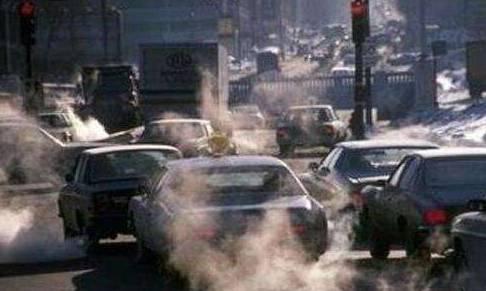
Of course, such a view that is inconsistent with the "ban of sales" does not mean that Mercedes-Benz is doing nothing in the field of electrification. Cai Che revealed that Mercedes-Benz will invest 10 billion euros in the development of electric vehicles. By 2022, all Mercedes-Benz product lines will have new energy-driven versions, and there will be more than 50 electric vehicles in the future. In 2020, smart phones in Europe and North America will all be replaced by electric vehicles, becoming the world's first mass-market electric brand. Unlike those traditional car companies that have announced the “sale of fuel vehiclesâ€, Mercedes-Benz has given its choice to the market and its customers: “Whether private or shared, fuel or new energy, drivers drive or autopilot, we have chosen to stay To customers."
Coincidentally, the same is the eve of the Frankfurt Motor Show, Volkswagen Group CEO Mullen publish its electrification strategy "Roadmap E" at the same time publicly stated: "The traditional power and electrification are not contradictory." He believes that modern internal combustion engines is the gateway to zero An indispensable bridge for the era of emissions, “At present, we are committed to R&D in the entire power system field, including traditional and electric technologies, to provide our customers with sustainable and affordable travel services. This is not an arbitrary move. It is through the direction determined after rational analysis.†In fact, the current generation of internal combustion engines has become the cleanest and most efficient internal combustion engine in the industry. In the light model test of the world, Volkswagen's latest Euro 6 standard diesel engine has an above-average performance under realistic conditions.
Even the German Chancellor Angela Merkel, who had previously made it clear that he would join the ranks of the European banned fuel vehicles, has recently become paralyzed in an interview with a TV station. She “pacified†German car companies and said: “The diesel engine and all the fuel engines It will continue to exist for many years. "There is no need to make people feel uneasy now." Merkel stressed that car companies need to develop more environmentally friendly diesel engines in order to meet the environmental protection requirements of the European Union.
New energy policy is no longer "central air conditioning"
Fuel vehicles gradually withdraw from the stage of history, will inevitably be accompanied by the full popularization of new energy vehicles. According to the “Energy-saving and New Energy Vehicle Technology Roadmap†published by the China Association of Automotive Engineers, the annual sales of new energy vehicles are expected to reach 2.1 million units by 2020, and the penetration rate will reach 7%. By 2025 and 2030, the annual sales volume will reach 525. 10,000 vehicles and 15.2 million vehicles, with a penetration rate of 15% and 40%. According to the data released by the Ministry of Public Security Traffic Management Bureau, as of the end of June this year, the country’s car ownership reached 205 million vehicles. Calculated according to the net growth rate, by 2025, the sales volume of 5.25 million vehicles is still lower in the national car ownership.
The rapid and healthy development of the new energy automobile industry can not be separated from the government's policy support and guidance. In recent years, the fiscal and taxation policies for China's new energy vehicles have been supported from individual pilot sites to the entire country, and the scope of implementation has continued to expand. From the initial subsidy purchase link, it has been extended to the entire life cycle of R&D, operation, and recharging. From the single policy to the policy combination, a purchase subsidy, operation subsidy, technology research and development, charging facility construction award, government procurement, and technical standards have been formed. And a set of policy support systems such as regulatory platforms.
With the development of new energy vehicles to a new stage, the threshold for financial subsidies continues to increase, constantly highlighting the policy orientation to support good and strong support. Especially in the adjustment policy announced at the end of last year, the subsidy amount was linked to the product's technology, quality, and operation status. The product with high technical level and good product quality was subsidized.
Facts have proved that such policy adjustments are very effective in promoting technological progress. Prior to the release of the adjustment policy, less than 1% of the battery energy density of passenger cars in the model catalog was promoted, and the battery energy density of passenger cars accounted for only 3% or more of 120. The current ratio has risen to 68% and 42% respectively.
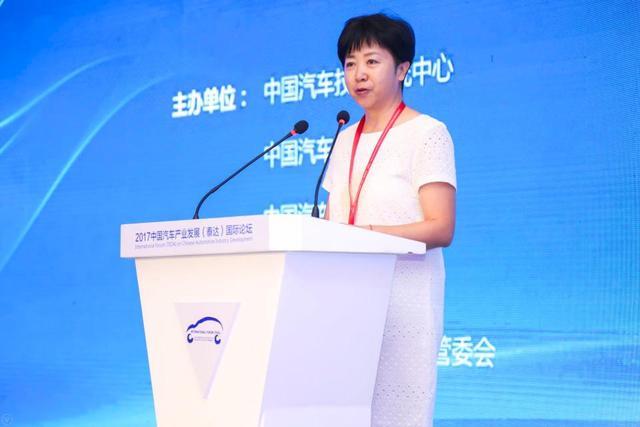
New energy vehicles have long implemented consumer subsidies. Enterprises are not only susceptible to policy dependence but also cause blind expansion and overcapacity. After the subsidy retreats, fiscal policy no longer plays the role of “central air-conditioningâ€, which forces the new energy auto industry to gradually shift from policy-driven to market-driven. Song Qiuling, deputy director of the Department of Economic Development of the Ministry of Finance, also made it clear that financial support for new energy vehicles must deepen the policy orientation of helping and supporting the superior, and financial support should be better, the environment should be improved, and the enterprises, products, and incentives should be more prominent. Support for core technologies such as batteries.
Construction Machinery Air Filters
Describe:
A filter is an accessory used to filter impurities or gases through filter paper. Generally refers to the car filter, is the engine accessories. According to different filtering functions, oil filter, fuel filter (gasoline filter, diesel filter, oil water separator, hydraulic filter), Air Filter , air conditioning filter, etc. Engine air, oil, fuel three filters, commonly known as "three filters", plus air conditioning filters, commonly known as four filters. Lubrication system, combustion system medium, engine intake system, car air circulation system filter.
Characteristics:
The air filter is installed in the air inlet position of the engine. It can effectively filter the dust impurities in the air and greatly increase the air purity into the combustion chamber so as to ensure the fuel burning is sufficient.
The Hydraulic Oil Filter element: hydraulic oil filter is used in various oil systems to filter out solid impurities produced by external mixing or internal operation of the system, mainly installed on the oil absorption road, pressure oil path, return pipeline, bypass circuit, in the system, the hydraulic oil filter element is used to filter the solid impurities produced by the external mixing or the internal operation of the system. On a separate filtering system.
The oil filter cartridge is the oil filter, the role of oil filter is to filter the sundries, colloid and moisture in the oil, to the lubricating parts of the clean oil.
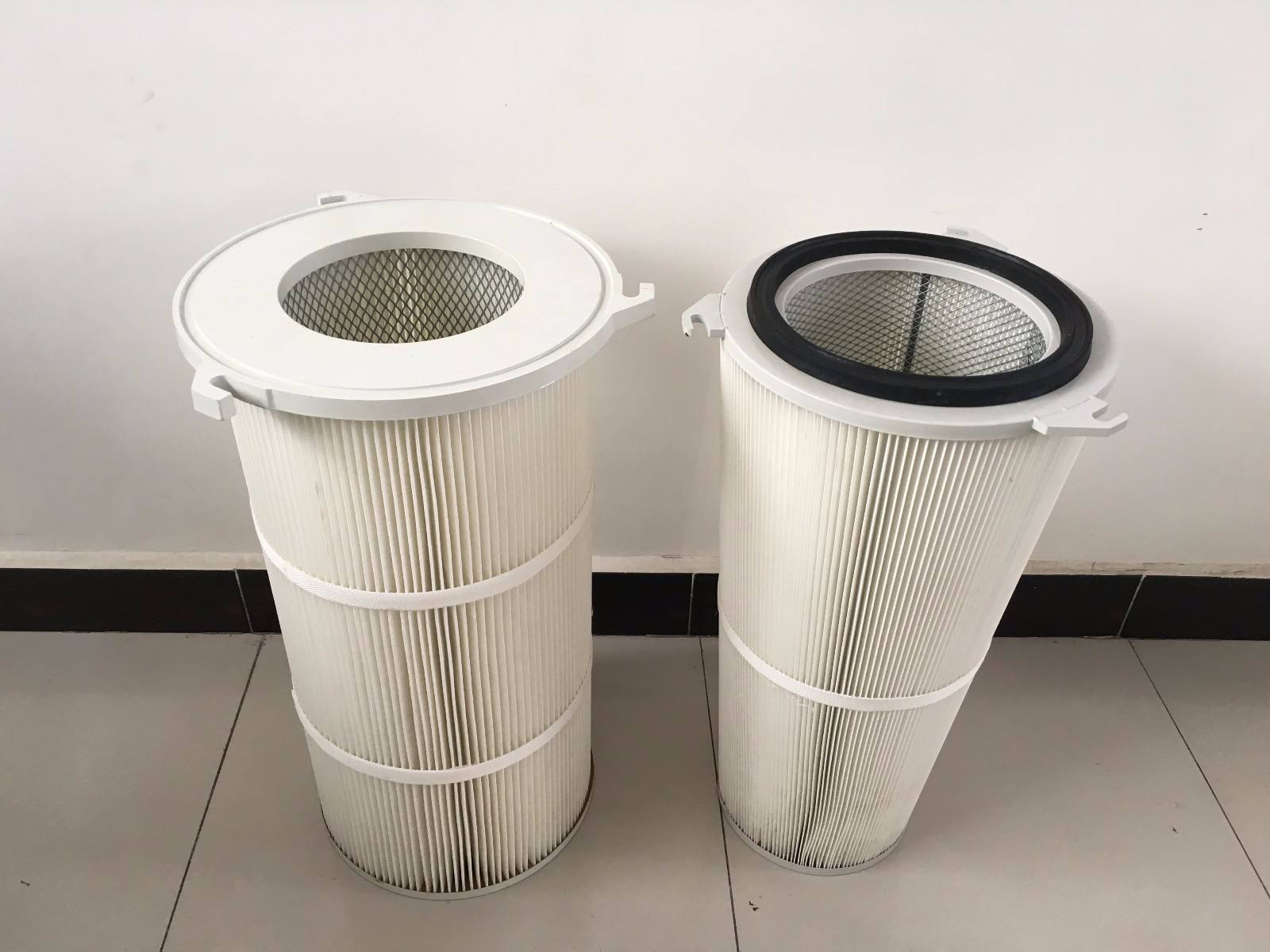
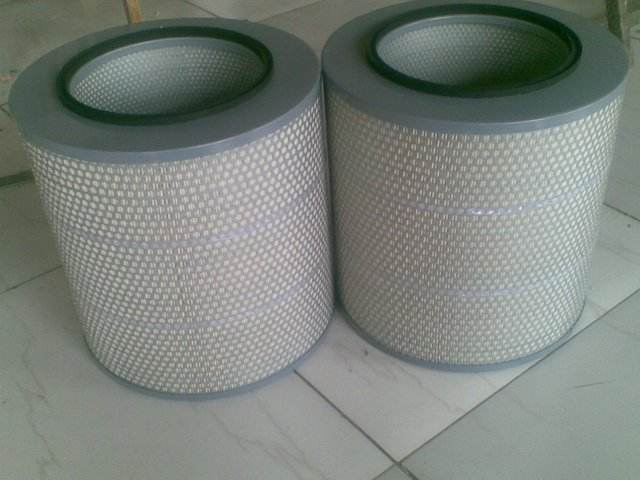
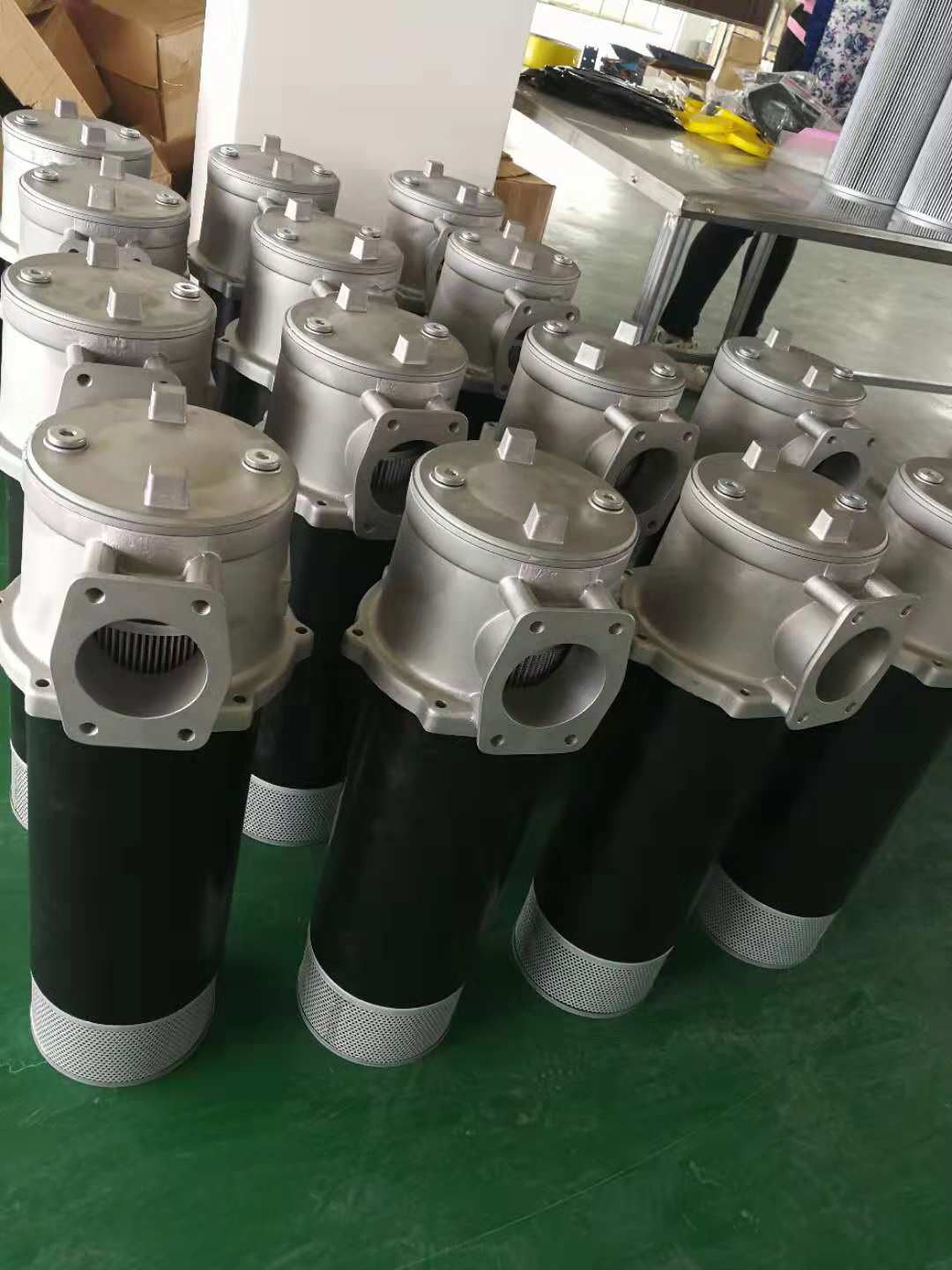
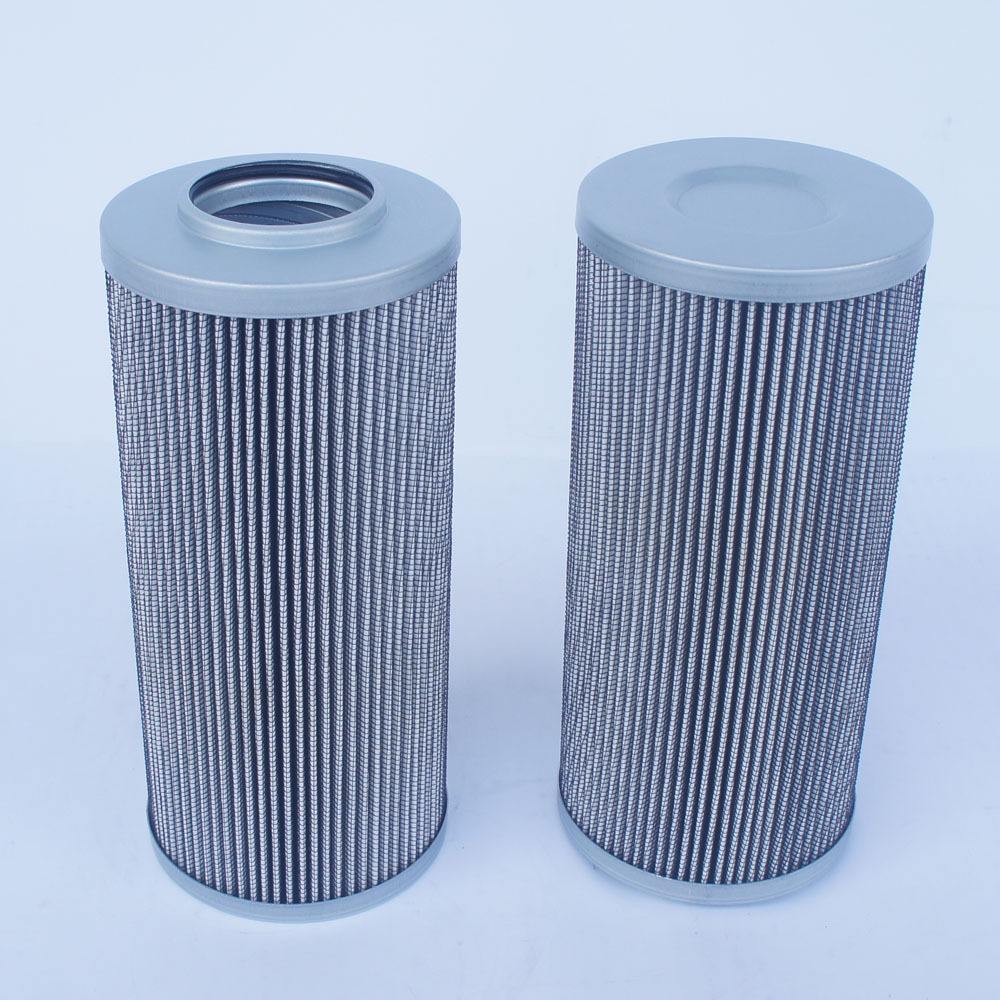
Construction Machinery Air Filters
Construction Machinery,Construction Machinery Air Filters,Construction Air Filters,Stainless Steel Construction Machinery Filters
Henan Sinofiltec Technology Co.,Ltd , https://www.sinofiltec.com